#oyfae
Text
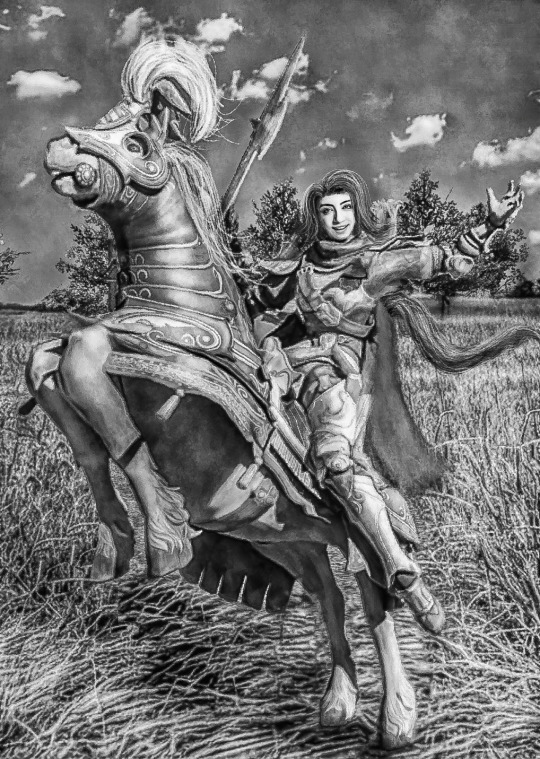
Titania from Fire Emblem - Path Of Radiance
Own Greyscale Painting
#fire emblem#titania#tiamat#paladin#knight#powerful woman#independent woman#fire emblem 9#fe9#fire emblem path of radiance#fire emblem radiant dawn#ike#jeigan#jegan#oyfae#fanart#illustration#painting#art#artwork#artist#digitalart#artistsontumblr#drawing#greyscale#nintendo#gamecube#wii#horse
24 notes
·
View notes
Photo
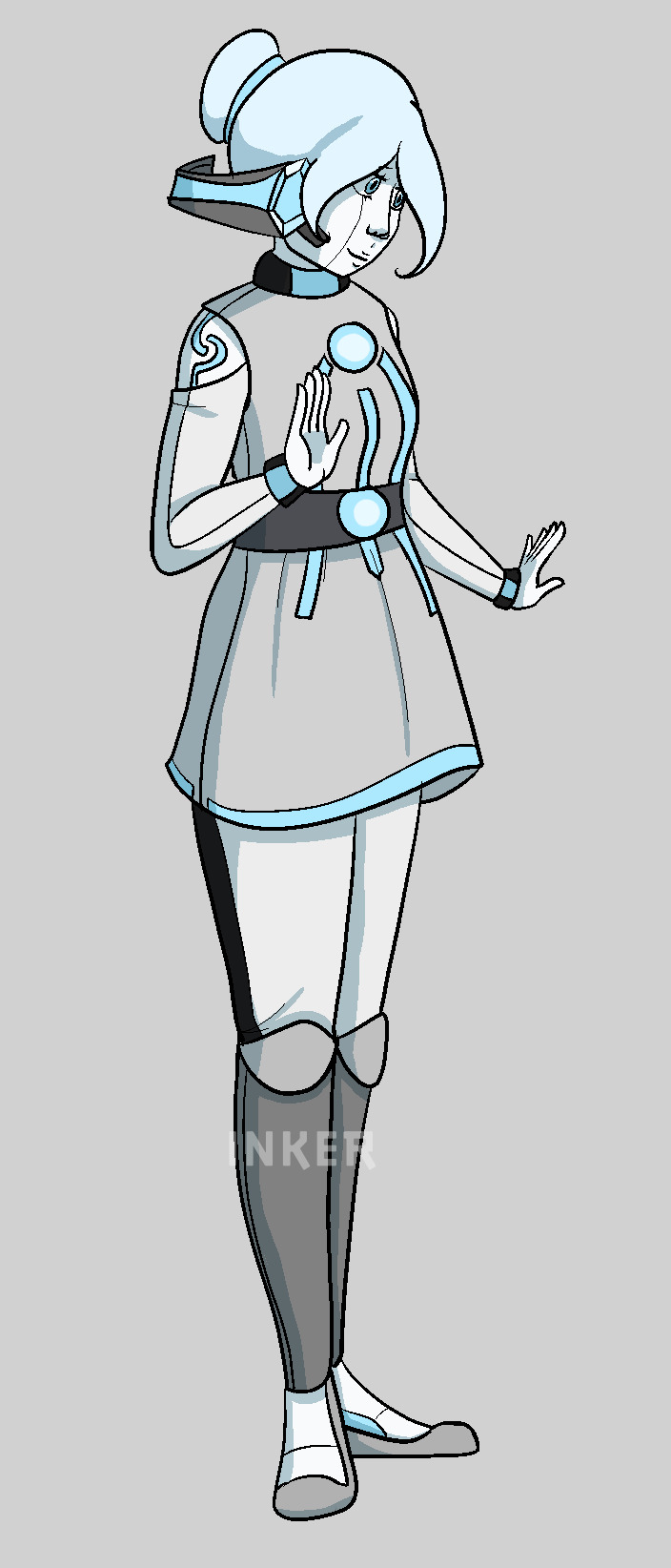
so like a year ago i think i tried to redesign nexus naomi in three different outfits - but i only got one finished (which is this one). I polished it up a little and added shading, and this is the final result.
#my art#Lego Universe#nexus naomi#lego universe nexus naomi#also out of sheer curiosity (and that has nothing to do with this post) does anyone remember the Nightfall Incident?#or the battle of Sharp Island and The Secrets of the Oyfae?
5 notes
·
View notes
Note
How about a name, like Kaity!

“Oyfa! (Easy!)”
“Kaitee!” She pronounced ‘-ty’ right, but not ‘Kai-’.
3 notes
·
View notes
Photo
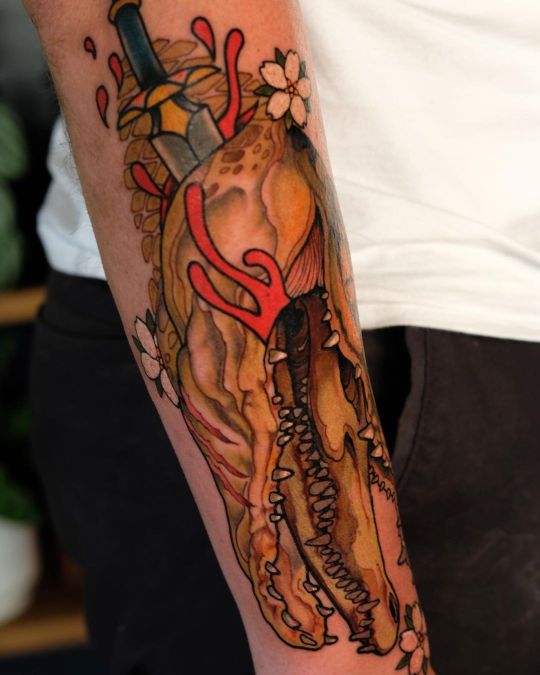
The photo wraps so •Please Swipe• Florida piece on my buddy Jon (at Tampa Heights) https://www.instagram.com/p/CcAoQf-OYfa/?utm_medium=tumblr
0 notes
Text
Combatting the Model Minority Myth
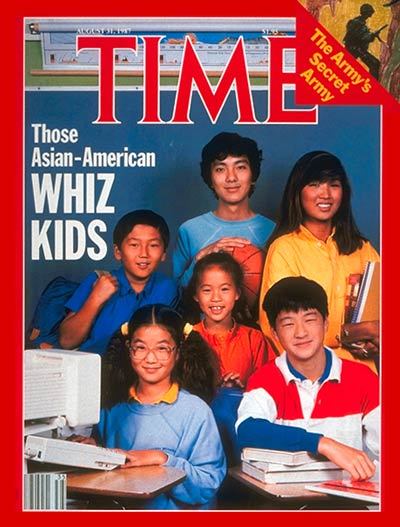
The model minority myth is the most common, yet most misunderstood, Asian American stereotype. If you asked Asian students at UVA what the biggest problem in the Asian American community, many would respond with the model minority stereotype. But since most K-12 schools don’t discuss Asian American history, many Asian American students don’t fully comprehend the model minority myth. While we can’t go as in-depth as we’d like here at UVAsians, we’ll explain the history of the model minority myth and how to combat it in your daily classroom experiences.
History
The model minority myth has its origins in an article written by William Petersen in 1966 titled “Success Story, Japanese-American Style.” In this article, Petersen highlights that despite receiving some of the “worst” racism at the time, Japanese Americans did not complain and overcame their racist hurdles. Since this article was published, the model minority myth is weaponized by white Americans as a way to discriminate against African Americans. By attributing hard work and intelligence with the Asian race, white Americans portray Asian Americans as model minorities for Black Americans to look up to; this is done to blame systemic racism on the Black individual.
How This is Harmful for Asian American Students (especially at UVA)
Because Asian Americans are often perceived as “model minorities” who don’t need support, the concerns and struggles of Asian students often go unnoticed, especially at a PWI like UVA. Despite being the largest racial minority at UVA, the Asian American Studies department is lacking in resources and institutional support, and requests for an Asian American student center or other safe spaces for Asian students on Grounds have been rejected by school administrators. Us at UVAsians are not claiming that Asians are more oppressed than other people of color. Rather, the issues that Asian Americans face often go unnoticed and unaddressed as a result of the model minority myth rendering our struggles invisible.
How to Combat the Model Minority Myth in your Everyday Life
The model minority myth existed long before we were born, and it will likely still exist even as we age. But as college students, we have the power to fight this stereotype and make a difference, even if it doesn’t seem noticeable.
One: Define your own version of success.
This may initially sound cliche, but a lot of the reason why the model minority myth is perpetuated is because we as Asian Americans subconsciously buy into versions of success created by white American society. Growing up in the United States, we’ve been conditioned to think that we must be intelligent or must be good at math because we’re Asian. But it’s okay to not push yourselves to these unrealistic standards of success just to make yourself feel worthy. You’re in college after all! This is your time to explore and pursue what satisfies you, not what satisfies society’s expectations of you.
Two: Explore Asian Cultural Organizations
While your classes should obviously be a big priority, I actually think your biggest priority should be building and maintaining a solid group of people you can lean on in hard times. Having friends you can talk to during difficult times is crucial because our mental health concerns often go unaddressed, especially since people assume we’re doing okay because we’re Asian. The problem is that at PWIs like UVA, most of the places are majority white, so there may be some cultural differences or racist attitudes that can make you feel out of place. The good thing about UVA is that there are so many Asian cultural organizations, from CSA to OYFA to VSA to KSA to many many many many more, so you’re bound to find a family of friends who share similar backgrounds and experiences as you. These Asian cultural organizations also provide a safe space for Asian students to relax and be themselves.
Three: Get Involved in Asian Activism
One of the easiest ways to combat the model minority myth is to get involved in Asian American activism at UVA. Many organizations such as the Asian Student Union, Asians Revolutionizing Together, and Asians Leader Council work as community leaders and activists to address community issues.
0 notes
Text
Using UVA’s Mental Health Resources as an Asian/Asian American Student
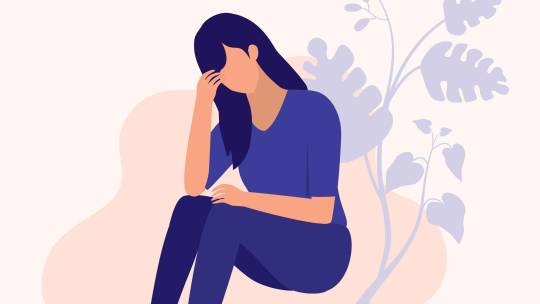
The topic of mental health is one rarely talked about within many Asian and Asian American families. It is even more difficult to know the right ways to take care of your mental health. Going to college provides the opportunity to change that.
UVA offers something called CAPS (Counseling and Psychological Services) to assist students with mental health related issues. Their services include individual and group therapy. As someone who has visited CAPS countless amounts of times, I can say that they are only adequate. In my opinion, it is best to think of them as a good stepping stone to better care. It should be noted that my experience is one out of many, and what worked for me might not work for you, so please keep that in mind!
Before coming to UVA, I knew that I wanted to receive some sort of therapy. Fortunately, CAPS is free, and they won’t tell your parents if you decide to use their services. Unfortunately, you do have to really advocate for yourself in order to get help, which can feel demoralizing. You need to be adamant that you are someone who deserves care.
While CAPS might be adequate in handling general mental health like school related anxiety or depression, they are not made to deal with issues that face many Asian American students such as racism, intergenerational trauma, and identity crises. Even though I was receiving help, there was always a part of me that knew I would never get the holistic care I needed.
The closest I ever got to being able to work through things like that are in predominantly Asian and Asian American spaces such as OYFA, ASU, and WAALI. While it was nice that we could all bond over our trauma, it would have been even better if there was a mental health professional with the knowledge of how to best help us.
The lack of Asian American mental health professionals is one greatly felt at UVA. If you’re passionate about this issue, I definitely recommend speaking with the advocacy committee in the Asian Student Union, who is doing a lot of good work to get more representation!
If you have any questions about CAPS or just want to talk to see what your options are, you can contact me, Kathryn, at [email protected] :)
0 notes
Text
Finding a Home at a PWI
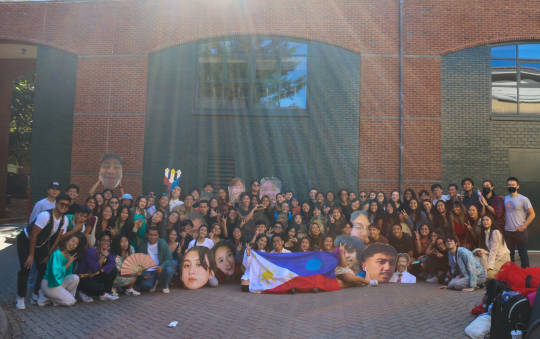
OYFA at Culturefest 2021
As students at a predominately white institution, it can be difficult to find a space in which you feel comfortable–a space that makes you feel as though you belong. Some of your classmates might turn to Greek life, others may join Student Council, but it is often difficult to find people similar to yourself in these spaces.
There are various organizations on Grounds that are dedicated towards creating spaces for other Asian and Asian Americans, including Asian cultural organizations, advocacy groups, Asian-interest Greek life, and more. This blog post is dedicated towards introducing cultural organizations on Grounds.
Asian cultural organizations offer a space to learn more about a specific culture and also a social space. The Vietnamese Student Association (VSA), Chinese Student Association (CSA), the Organization of Young Filipino Americans (OYFA), Indian Student Association (ISA) amongst others, host various events, such as annual culture shows, bonding events, parties and more. What is interesting about these cultural organizations is that you don’t have to be a part of the culture to be a member. I am a Filipino American, and I am actively involved in OYFA, but I am also a member of VSA. Cultural organizations allow for you to learn about other cultures and celebrate them with those who are a part of the culture!
Each separate cultural organization is very different from one another. OYFA is special in that it revolves around a big-little system, where first years (and all new members) are paired with an older member who serves as their mentor. VSA and CSA is similar but stresses the family system more; new and returning members are placed into families that bond, and big-little pairs are formed by the members themselves.
As mentioned earlier, each organization has their own culture show that typically contains an original skit, traditional dances, modern dances, and other musical performances. The goal of these events is to showcase the organization’s culture to the UVA and Charlottesville communities, and it serves as a great bonding experience for their members.
Each organization typically holds philanthropic events, too! OYFA holds Filipino Food Night, a restaurant-style event where the community can come purchase authentic, homemade Filipino food and watch live performances. All proceeds go towards the OYFA Excellence Scholarships, one of which goes towards a current first year to continue their studies at the University, and the other goes towards a college student in the Philippines. OYFA also holds various events throughout the year where proceeds go towards UNICEF Philippines and the PUSO Foundation.
There are various organizations on Grounds that are meant to give space to Asian and Asian Americans to find a home at UVA. Of course, there are other organizations not specifically Asian-focused in which Asian students at UVA find a home in, but these organizations are still important.
1 note
·
View note